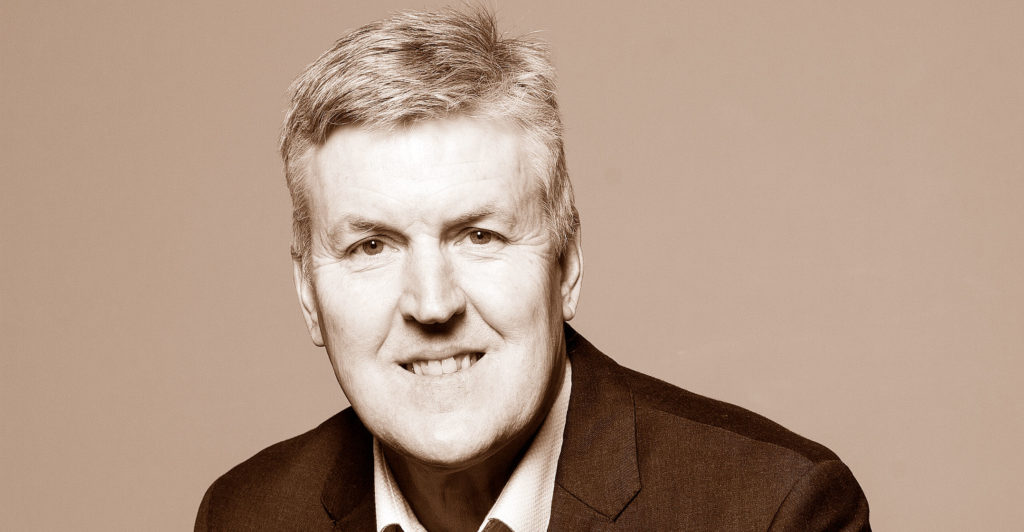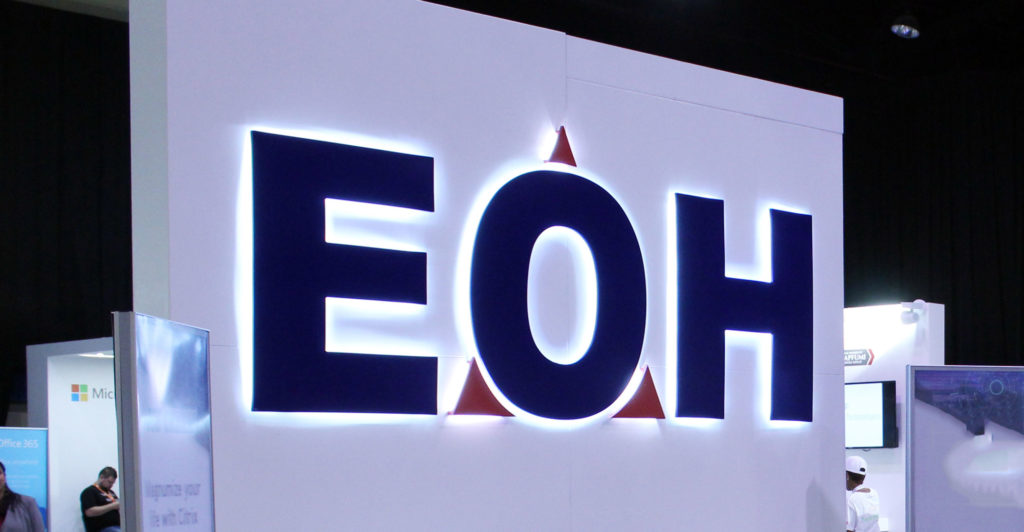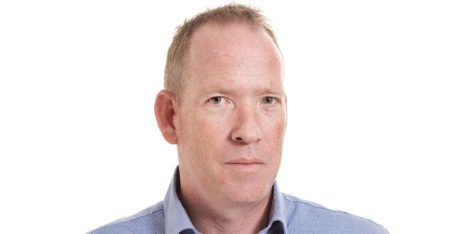
Since their peak in 2016, shares in EOH Holdings — which describes itself as Africa’s largest technology service provider — have plunged by an eye-watering 97%. They have lost more than 50% in the value since 1 January alone.
There doesn’t appear to be any specific news in recent weeks that’s driving down the share price, which on Thursday fell to just R5.90/share in intraday trading (down over 7%), a far cry from the peak of around R180 in mid-2016. Its market capitalisation has plunged to just R1.2-billion, from north of R20-billion four years ago.
Though the shares were already falling prior to a pre-closed-period update last Thursday, the update — although not disclosing any financial forecasts — does appear to have triggered further investor anxiety.
EOH said in the update that although it’s slowly turning the corner operationally after a very challenging period, legacy clean-up costs and the weak economy have continued to weigh on its performance.
“Trading remains under pressure due to the weak macro environment, which has resulted in companies reducing their IT spend,” it said.
Although its core iOCO subsidiary — its traditional IT services business — was “tracking well with key clients maintained”, lingering effects of eight “legacy” public sector contracts “still being exited” would have a negative impact on performance during the reporting period.
The group is expected to publish its interim results on 7 April.
Torrid time
EOH had a torrid 2019 after it emerged that Microsoft had cancelled a partner agreement with the group following allegations of malfeasance in a software supply agreement with the South African department of defence. That prompted CEO Stephen Van Coller to ask law firm ENSafrica to conduct a thorough investigation into all of EOH’s public sector contracts.
“Following a tough but necessary forensic investigation, ENSafrica has concluded its investigation, allowing EOH to focus on building the business,” it said in the trading update. “The board of directors has agreed to ENSafrica’s recommendation to pursue civil prosecutions against some of the perpetrators identified during the forensic investigation. The board of directors has instructed ENSafrica to commence legal proceedings.”
 Of the legacy public sector contracts still in place, eight contracts out of 54 continue to have a negative impact on the financial performance of the business, it said. “These contracts have a special focus where the operational and financial viability are managed and tracked.”
Of the legacy public sector contracts still in place, eight contracts out of 54 continue to have a negative impact on the financial performance of the business, it said. “These contracts have a special focus where the operational and financial viability are managed and tracked.”
EOH raised more than the targeted R1-billion in asset disposals in the 2019 calendar year and said it would continue to pursue the disposal of non-core assets “aggressively” to reduce debt. The biggest sale was of Construction Computer Software, better known as CCS, for R444.4-million. — (c) 2020 NewsCentral Media




